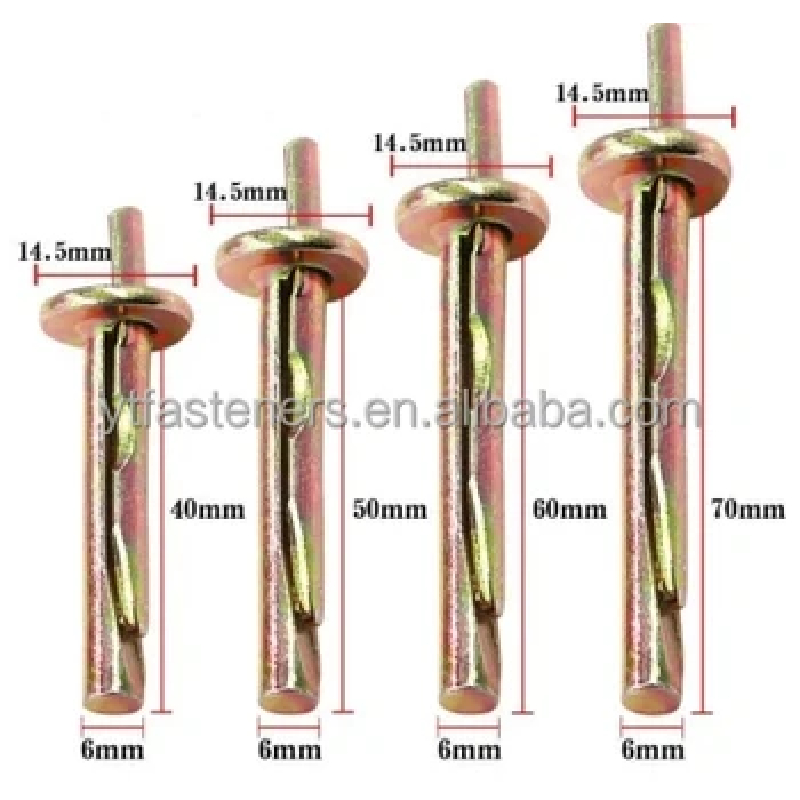gen. . 02, 2025 17:48 Back to list
screws and fasteners
Screws and Fasteners The Building Blocks of Modern Engineering
Screws and fasteners are vital components in the world of engineering and construction, serving as the unseen heroes that hold together the many structures and devices we depend on daily. From the smallest electronic gadget to the largest bridges, fasteners play an essential role in maintaining integrity and ensuring safety. This article explores the significance, types, and applications of screws and fasteners in modern engineering.
The Importance of Screws and Fasteners
Fasteners, including screws, bolts, nuts, and rivets, are crucial in providing stability and reliability in various assemblies. They enable the joining of materials, creating a secure bond that can withstand forces and stresses encountered throughout a product's lifecycle. The quality and strength of the fasteners used can determine the longevity and performance of a structure or device. In engineering applications, the failure of a fastener can lead to catastrophic consequences, making selection, installation, and maintenance critical.
Types of Screws and Fasteners
Screws are a specific type of fastener characterized by their helical ridge, known as a thread. They can be differentiated into several categories based on their design, material, and application
1. Wood Screws Designed with a smooth shank and coarse threads, wood screws are used primarily for fastening wood to wood. Their design allows for easy penetration and a secure hold in the material.
2. Machine Screws These screws are uniform in diameter along their entire length and are typically used with a nut or in a tapped hole. They come in various head types, such as flat, hex, or round, to accommodate different tools and aesthetic preferences.
3. Self-Tapping Screws These screws can create their own mating thread when driven into a material. They are particularly useful for thin materials, such as metal sheets, and come in various designs to suit different applications.
4. Lag Screws Also known as lag bolts, these large screws are designed for heavy-duty applications. Their coarse threads provide excellent grip in wood, making them ideal for securing beams or posts.
screws and fasteners

5. Rivets While not classified as screws, rivets are a type of fastener often used in constructing permanent joints in metal structures. They consist of a smooth cylindrical shaft and a head, which is deformed after installation to create a strong, permanent bond.
Materials Used in Fasteners
The choice of material for screws and fasteners is critical to their performance and durability. Common materials include
- Steel The most commonly used material due to its strength and cost-effectiveness. Steel fasteners can be coated with zinc to improve corrosion resistance. - Stainless Steel Offers excellent corrosion resistance, making it suitable for applications in hostile environments, such as marine or chemical industries.
- Aluminum Lightweight and resistant to corrosion, aluminum fasteners are often used in applications where weight savings are paramount, such as in aerospace engineering.
- Plastic Used in applications where electrical insulation or corrosion resistance is needed, plastic fasteners are lightweight and can often be used in conjunction with metal parts.
Applications Across Industries
The applications of screws and fasteners span a wide range of industries, including automotive, aerospace, construction, and electronics. In the automotive sector, fasteners are crucial for assembling engines and body panels. In aerospace, they play a significant role in providing safety and reliability under extreme conditions. The construction industry relies heavily on screws and bolts for structural integrity, while electronics utilize miniature fasteners for assembling devices.
Conclusion
Screws and fasteners may seem like small, insignificant components in the grand scheme of engineering, but their importance cannot be overstated. They are essential for the safety and functionality of countless products that enhance our lives. As technology continues to advance, the materials and designs of screws and fasteners will also evolve, ensuring that they can meet the demands of future applications. Whether in our homes, cars, or the broader infrastructure of society, fasteners will remain the fundamental building blocks that hold everything together.


